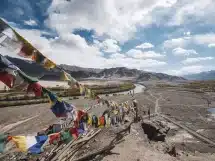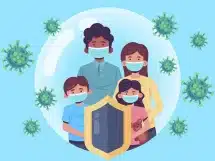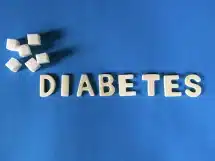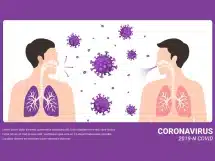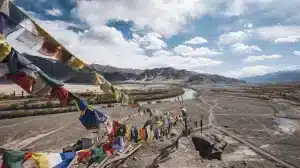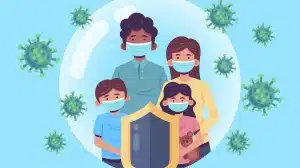For an active member of the Indian Scientists’ Response to COVID-19, the job description includes debunking misinformation, responding to queries about the pandemic, translating resources into local languages, and fostering scientific temper in the community.
By Dr Rohini Karandikar
Three years ago, I joined the Homi Bhabha Centre for Science Education at the Tata Institute of Fundamental Research (TIFR), Mumbai. Around the same time, a ‘March for Science’ was planned across the globe, including an event in Mumbai. Although I could not join the march then, I strongly felt the need to be a part of the campaign as there was a flood of pseudoscience and misinformation being propagated on social media.
No cakewalk
I was part of several WhatsApp groups, with friends and relatives, where such messages were circulated. When I tried to dismiss some unscientific claims and myths, I realised that myth-busting isn’t a cakewalk, especially when the audience is people from non-scientific backgrounds.
Back then, there was the ‘Dashavatar theory’, which claimed that ancient Indians had proposed the theory of evolution long before Darwin did, doing the rounds on several WhatsApp groups. As I tried to explain why the theory was unscientific and defied logic, many people took offence as it didn’t agree with their religious ideas.
This was also the time when Darwin’s theory of evolution became a hot topic. A political leader had made a public statement that Darwin’s theory of evolution was wrong and that nobody saw an ape turn into a man! This provoked a strong backlash from the scientific community in India. Some scientists whom I worked with drafted a fitting response against this claim, which was signed by more than 3600 scientists from the country! I was truly inspired by the scientists’ efforts and joined the March for Science group in Mumbai.
Important conversations
It was decided that 20th August be marked as the National Scientific Temper Day (NSTD) in the memory of Dr. Narendra Dabholkar, who was assassinated on 20th August 2013. Drawing inspiration from renowned rationalist’s ideas of scientific temper and spirit of inquiry, several talks were organised by different chapters of March for Science for NSTD in schools and colleges all over the country. We aimed at creating awareness and debunking myths. It was a great experience to talk to school and college students about the scientific process, the meaning of scientific temper, and how it can be developed, without having to forgo one’s religious beliefs.
We debunked several claims, like “one must not eat during an eclipse”, “cow’s urine contains gold”, “Kauravas were born by in-vitro fertilisation”, and “ancient Indians designed and flew airplanes”, to name some. We also discussed the importance of asking ‘why’ when one comes across a dubious claim, ways to identify if a claim is false, and the kind of questions one can ask while analysing a particular claim.
Pandemic test
Our efforts to spread the idea of scientific temper have been at its peak since the COVID-19 pandemic hit us. Over the last few months, there has been a tsunami of myths and hoaxes. In March 2020, a group of scientists formed the Indian Scientists’ Response to COVID-19. As part of this effort, the ‘hoaxbusters team’ works on providing evidence while refuting claims such as “the novel coronavirus was designed in a lab” or “immunity boosters can protect one against COVID-19”, among many others. I contribute to hoax-busting, writing, and editing responses for frequently asked questions about COVID-19, and also help in translating some of the resources into Marathi.
Medical misinformation is causing more harm than the virus itself. Many false beliefs, especially those like “the virus is weaker in India” or “drinking hot water flushes the virus into the stomach” have resulted in lowering the guard and putting a huge number of people at risk. Nonetheless, we do believe that our efforts in fact-checking will help allay fears and enable us to put up a stronger fight against both, the COVID-19 pandemic as well as the ‘infodemic’.
(The author is a science educator and member of Health Analytics Asia’s First Check as well as the Indian Scientists’ Response to COVID-19 team, with the Hoaxbusters’ group.)





